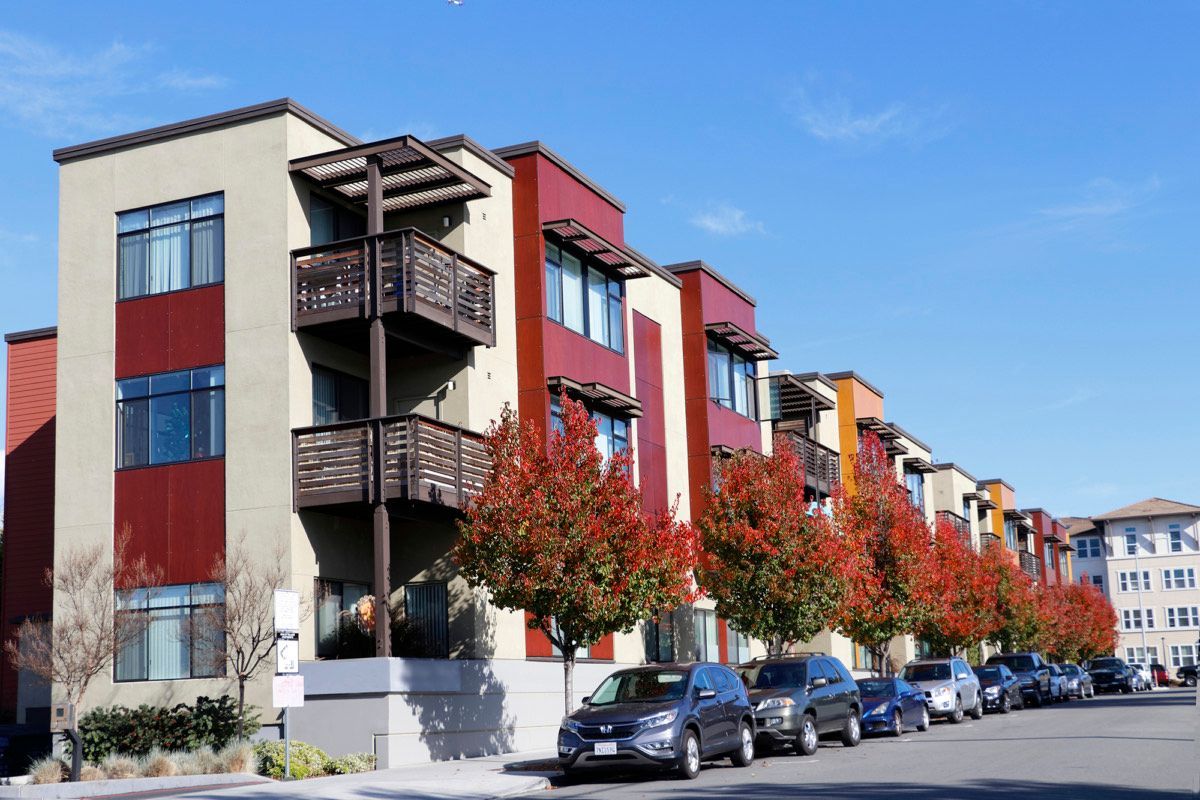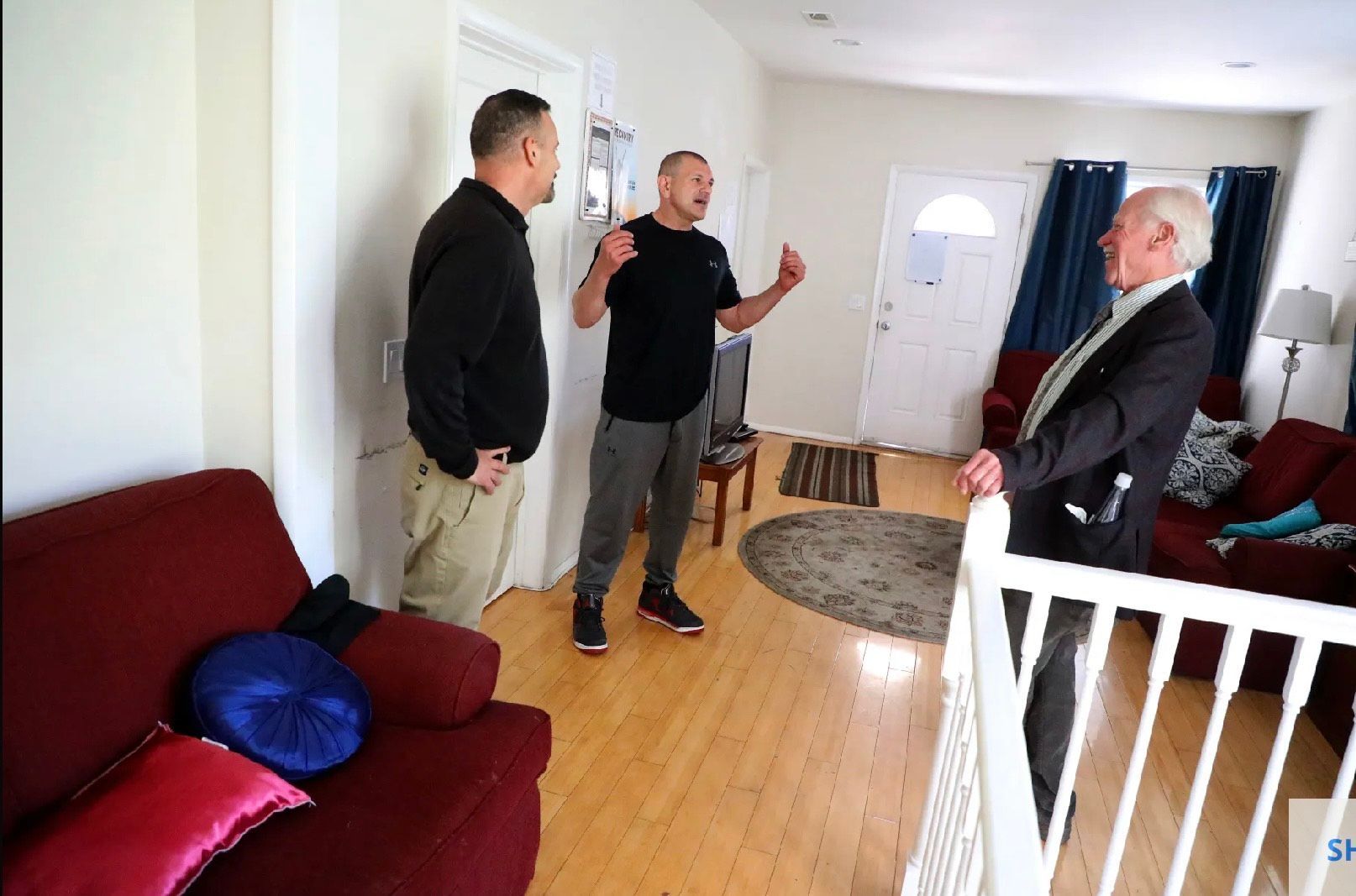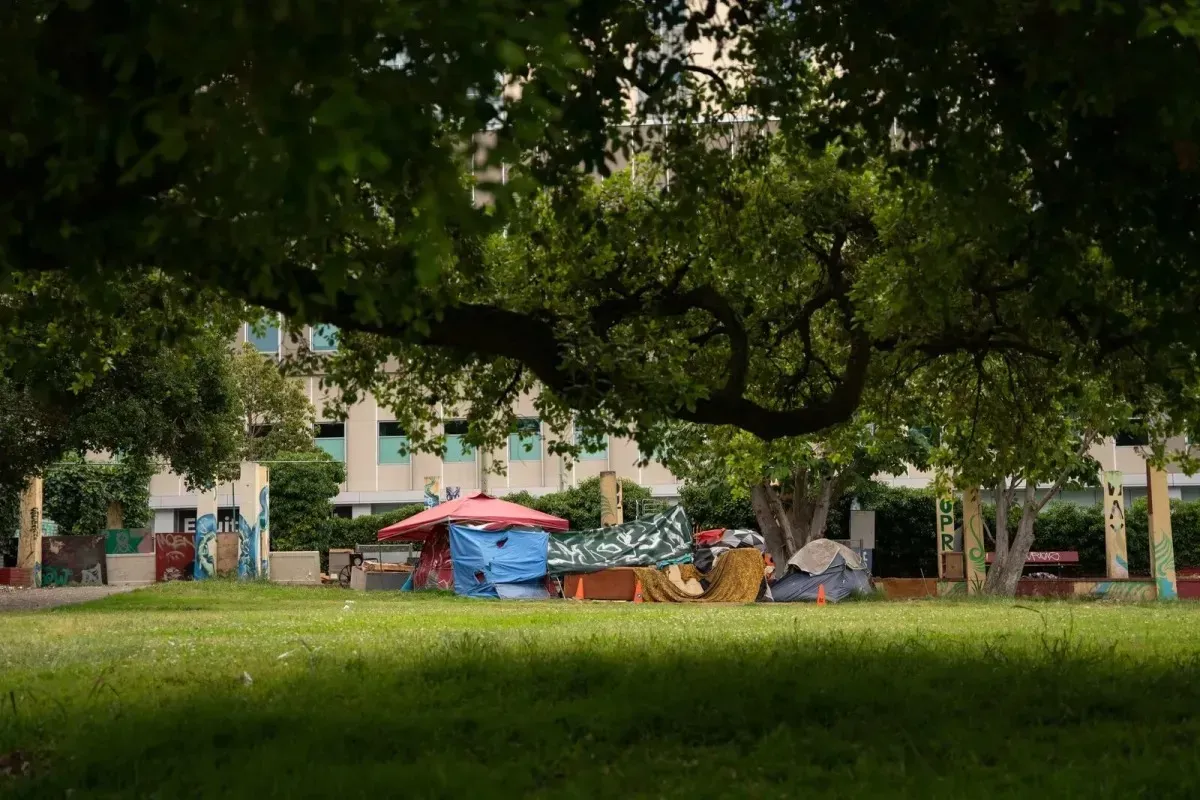Finding Permanent Supportive Housing in Oakland, CA
Where to Look for Permanent Housing?

Finding permanent supportive housing in Oakland, California, involves navigating various programs and organizations dedicated to assisting individuals and families experiencing homelessness. Here’s a guide to help you through the process:
1. Understanding Permanent Supportive Housing (PSH):
PSH combines affordable housing assistance with voluntary support services to address the needs of chronically homeless individuals. These services may include mental health counseling, substance abuse treatment, and employment assistance, all aimed at promoting housing stability and self-sufficiency.
2. Key Organizations in Oakland:
• Building Opportunities for Self-Sufficiency (BOSS): BOSS is a community-based nonprofit dedicated to helping homeless individuals and families turn their lives around. They provide housing, health, economic development, and social justice services across Alameda County. For more information, visit their website:
https://www.self-sufficiency.org/
• Operation Dignity: This organization offers permanent housing to formerly homeless veterans and other families who have experienced homelessness. They have housing sites in Oakland and Alameda, with units set aside for HUD-VASH and Shelter + Care programs. Learn more here:
• LifeLong Medical Care: Recognizing housing as a core health issue, LifeLong Medical Care has developed a robust permanent supportive housing program in collaboration with community partners. Details about their services can be found at:
• Abode Services: As the Bay Area’s largest homeless housing and services provider, Abode operates numerous programs that rehouse individuals in need as quickly as possible, following a Housing First approach. More information is available here:
3. Alameda County’s Home Stretch Program:
Home Stretch matches households to Alameda County’s Permanent Supportive Housing opportunities. To qualify, individuals must meet specific criteria, including experiencing literal homelessness and having a disability that meets the HUD definition. For eligibility details and application procedures, visit:
https://homelessness.acgov.org/home-stretch.page
4. City Initiatives:
The City of Oakland’s Homekey and Rapid Response Homeless Housing (R2H2) Programs aim to quickly increase housing options for residents experiencing homelessness or at risk of becoming homeless. These initiatives focus on expanding permanent supportive housing units within the city. Learn more about these programs here:
https://www.oaklandca.gov/topics/city-homekey-rapid-response-homeless-housing-r2h2-program-2
5. Application Process:
Applying for permanent supportive housing typically involves:
• Assessment: Undergoing a comprehensive assessment to determine your specific needs and eligibility.
• Documentation: Providing necessary documentation, such as identification, proof of income, and verification of homelessness and disability status.
• Referral: Receiving a referral to appropriate housing programs based on your assessment.
It’s essential to connect with local service providers, such as those mentioned above, who can guide you through the application process and offer support services during your transition to permanent housing.
6. Additional Resources:
• East Oakland Community Project (EOCP): EOCP provides emergency housing and support services to individuals and families, assisting them in moving past homelessness. More information is available at:
https://www.eocp.net/residential-services/
• Bay Area Community Services (BACS): BACS’ Housing Fast Programs aim to bridge the gap between homelessness and housing by providing temporary housing solutions with a focus on transitioning individuals to stable housing. Learn more here:
https://bayareacs.org/housing-fast/
Navigating the path to permanent supportive housing can be complex, but numerous organizations in Oakland are dedicated to assisting individuals and families in securing stable housing and supportive services. Engaging with these resources can provide the guidance and support needed to achieve long-term housing stability.







